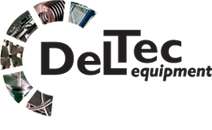Revolutionizing Quality Control: The Impact of Testing Meters in Modern Manufacturing Industries
In the rapidly evolving landscape of modern manufacturing, the integration of advanced technologies has led to significant enhancements in quality control processes. One critical component in this transformation is the testing meter, which plays a vital role in ensuring product reliability and compliance with industry standards. According to a report by the National Institute of Standards and Technology (NIST), over 70% of manufacturers in the automotive and electronics sectors have adopted precision testing meters to streamline their quality assurance workflows. This shift not only minimizes waste and defects but also accelerates production timelines, demonstrating the increasing reliance on data-driven decision-making. As companies aim to meet consumer demand for higher quality goods at competitive prices, the implementation of testing meters is revolutionizing quality control practices, making it an indispensable tool in the quest for operational excellence.
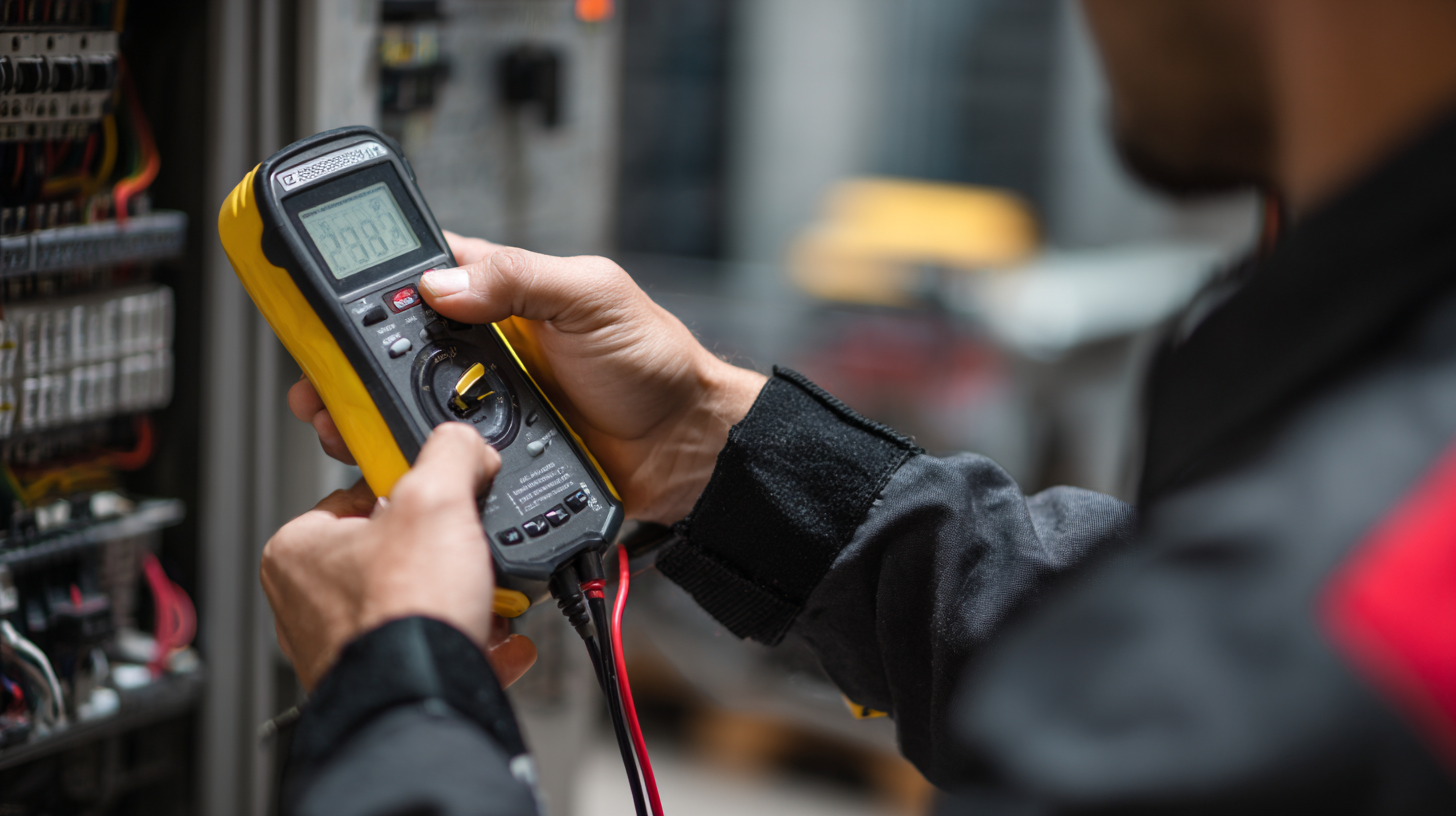
The Role of Testing Meters in Enhancing Manufacturing Quality Standards
In the fast-paced world of modern manufacturing, maintaining high quality standards is crucial for success. Testing meters play a pivotal role in this process, allowing manufacturers to accurately assess and monitor the quality of their products. By implementing these devices at various stages of the production process, companies can ensure that they meet both industry regulations and consumer expectations. This proactive approach not only minimizes defects but also enhances overall operational efficiency.
**Tip**: Regular calibration of testing meters is essential. Ensure that your meters are checked and calibrated at scheduled intervals to maintain their accuracy and reliability, which is critical for upholding quality standards.
Moreover, the integration of advanced testing meters equipped with digital technology is elevating manufacturing practices. These meters provide real-time data analytics, enabling manufacturers to swiftly identify and address potential quality issues before they escalate. This not only safeguards product integrity but also fosters a culture of continuous improvement.
**Tip**: Utilize training sessions for employees on the proper use of testing meters. Ensuring that staff members are knowledgeable about these tools will maximize their effectiveness, ultimately contributing to the enhancement of quality standards in your manufacturing processes.
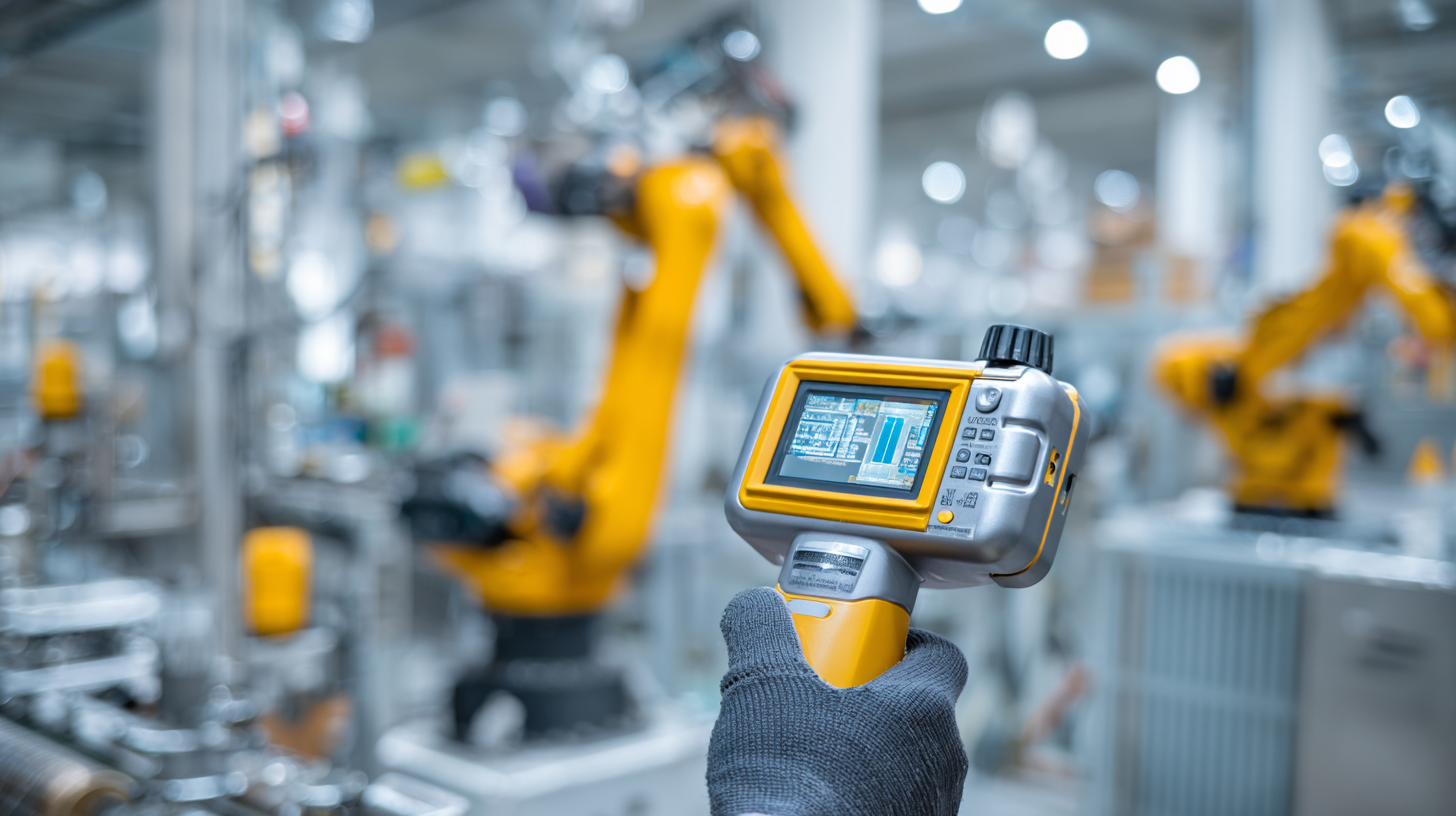
Types of Testing Meters and Their Specific Applications in Industries
In modern manufacturing industries, the application of various testing meters has become essential in ensuring quality control and product reliability. Among the prominent types of testing meters, the Grain Hardness Meter stands out, particularly important in the agriculture sector. It plays a critical role in evaluating the hardness of grains, helping manufacturers determine the ideal milling processes and ensuring the quality of flour and other grain products. The Grain Hardness Meter market is expected to grow significantly, reaching USD 315.0 million by 2035, showcasing a CAGR of 4.7% from 2025.
Another vital category is the Fiber Optic Test Equipment, crucial for telecommunications and data transmission industries. With the expected growth to USD 1,903 million by 2034 and a robust CAGR of 6.1%, these testing tools ensure optimal performance in fiber optic installations and maintenance.
**Tip:** When selecting a testing meter, consider the specific requirements of your industry to ensure you choose the most appropriate equipment for accurate measurements.
Additionally, the Construction Material Testing Equipment market is evolving towards digital and automated solutions. These advancements allow manufacturers to integrate real-time data, enhancing productivity and accuracy in testing processes.
**Tip:** Staying updated with the latest market trends can help businesses adopt cutting-edge testing technologies, ensuring they remain competitive.
The Benefits of Real-Time Data Feedback in Quality Control Processes
In the evolving landscape of modern manufacturing, real-time data feedback has emerged as a cornerstone of effective quality control processes. According to recent industry analyses involving over 2,500 startups and companies, the integration of IoT technologies and machine learning has revolutionized data collection and utilization on the production floor, leading to significant improvements in efficiency and product quality. For instance, real-time monitoring systems provide immediate insights into manufacturing operations, enabling quick adjustments that minimize waste and enhance overall process control.
Within the pharmaceutical sector, the adoption of continuous manufacturing processes—such as using advanced technologies to transition batch tablet production—illustrates the impact of real-time data feedback. Research indicates that these innovations can yield significant savings in space and energy while reducing production waste. By harnessing real-time data, manufacturers can not only improve operational efficiency but also ensure that products meet the rigorous standards expected by consumers, ultimately driving higher levels of customer satisfaction and trust in the brand. These advancements underscore the inherent value of adopting comprehensive Total Quality Management (TQM) frameworks that prioritize quality in every step of the manufacturing process.
Revolutionizing Quality Control: Testing Meters Impact
This chart illustrates the impact of using testing meters in modern manufacturing industries, showcasing the reduction in quality control issues and the improvement in production efficiency over a six-month period.
How Automation and Testing Meters Reduce Human Error in Production
In modern manufacturing, the integration of automation and testing meters has significantly reduced human error, enhancing production efficiency and quality control. With the rise of Industry 4.0, automated systems have become crucial in maintaining precision in manufacturing processes. For instance, automated calibration systems ensure the accuracy of measurements, minimizing the variability that can arise from manual calibration. This shift not only streamlines operations but also fosters a more reliable production environment, where miscalculations are far less likely to compromise the quality of the final product.
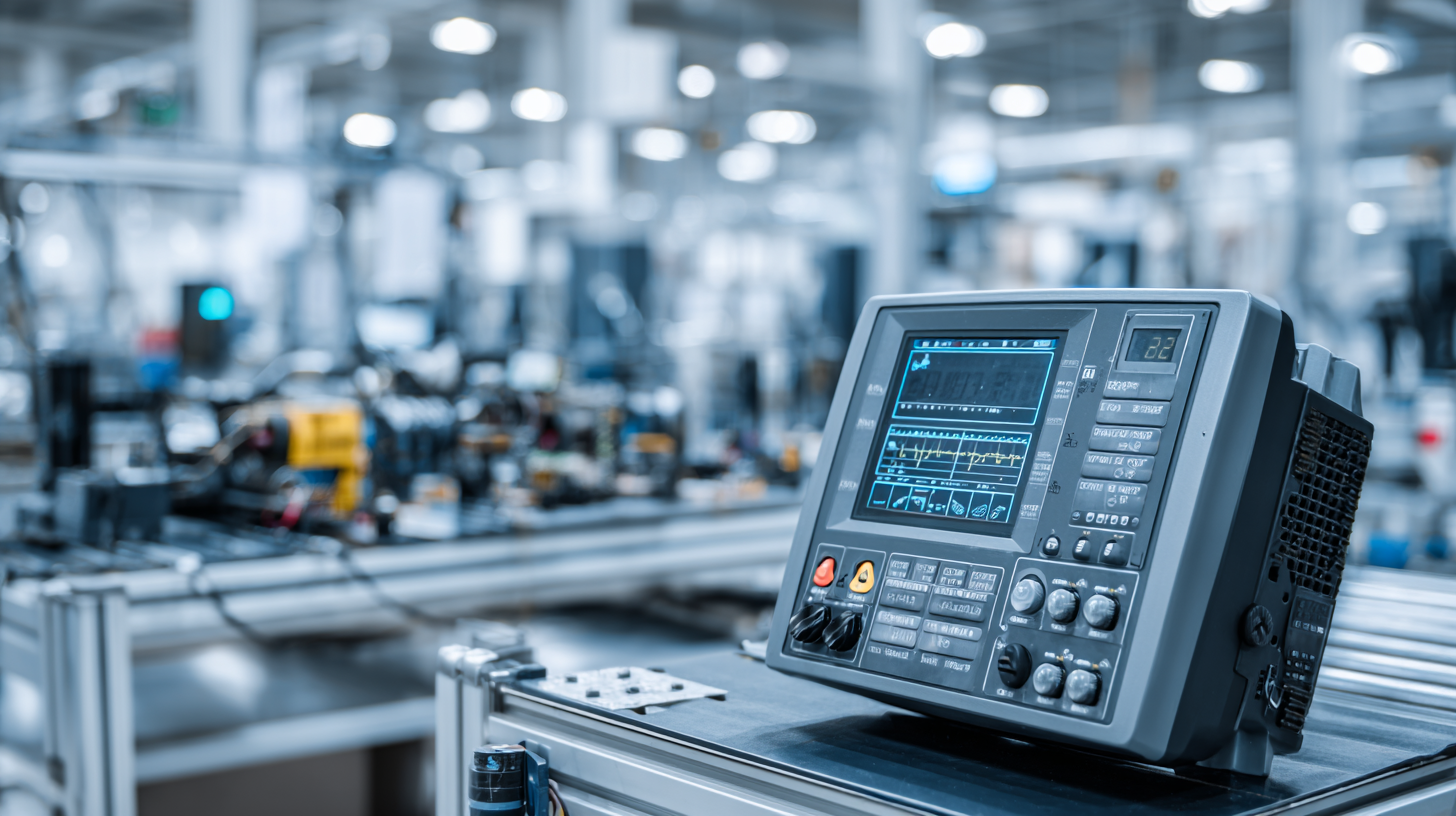
Moreover, the incorporation of artificial intelligence in these automated systems plays a pivotal role in predictive maintenance. By accurately forecasting equipment failures, AI enhances factory uptime by approximately 15%, allowing manufacturers to respond proactively rather than reactively. This not only improves the overall workflow but also significantly lowers the risk of defects caused by equipment malfunction. As the demand for automation and precision grows, the manufacturing industry is witnessing a transformative shift towards smart manufacturing solutions that prioritize quality and operational excellence.
Future Trends: The Evolution of Testing Meters in Smart Manufacturing Systems
The landscape of modern manufacturing industries is set to undergo a significant transformation with the evolution of testing meters in smart manufacturing systems. According to a report by MarketsandMarkets, the smart manufacturing market is projected to reach $505.3 billion by 2025, growing at a CAGR of 10.4% from 2020. This growth is fueled by the integration of advanced technologies, such as the Internet of Things (IoT) and artificial intelligence, which enhance the capabilities and accuracy of testing meters. These devices are no longer limited to basic measurements but now incorporate data analytics and connectivity to provide real-time insights and predictive maintenance solutions.
The future trend of testing meters is characterized by their capability to seamlessly integrate with various manufacturing processes. As per a study by Statista, the global market for industrial IoT is expected to exceed $949 billion by 2027. This surge indicates that testing meters will evolve into sophisticated tools that not only measure quality parameters but also communicate directly with other machines, facilitating a fully connected production environment. The adaptation of such smart testing meters will not only improve product quality but also significantly reduce downtime, ultimately leading to greater operational efficiency and cost savings for manufacturers.
Related Posts
-

The Ultimate Guide to Choosing the Best Quality Testing Equipment for Your Business
-
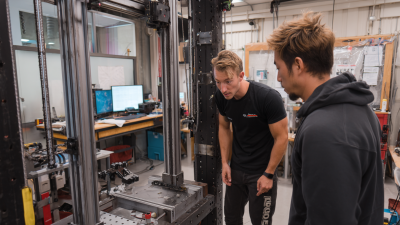
How to Optimize Your Testing Rigs for Enhanced Performance and Accuracy
-

Understanding the Essential Role of Field Test Equipment in Modern Industries
-

The Ultimate Guide to Choosing the Best Phone Testing Equipment for Your Needs
-
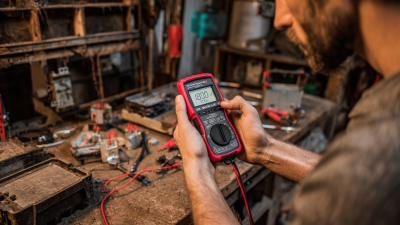
How to Choose the Right Resistance Tester for Your Electrical Applications
-

5 Reasons Why the Tester Line is the Best Choice for Your Production Needs





